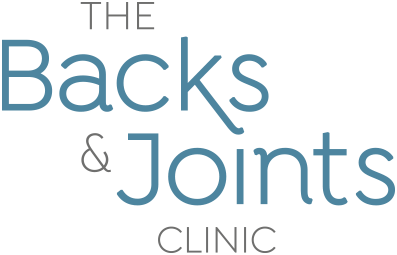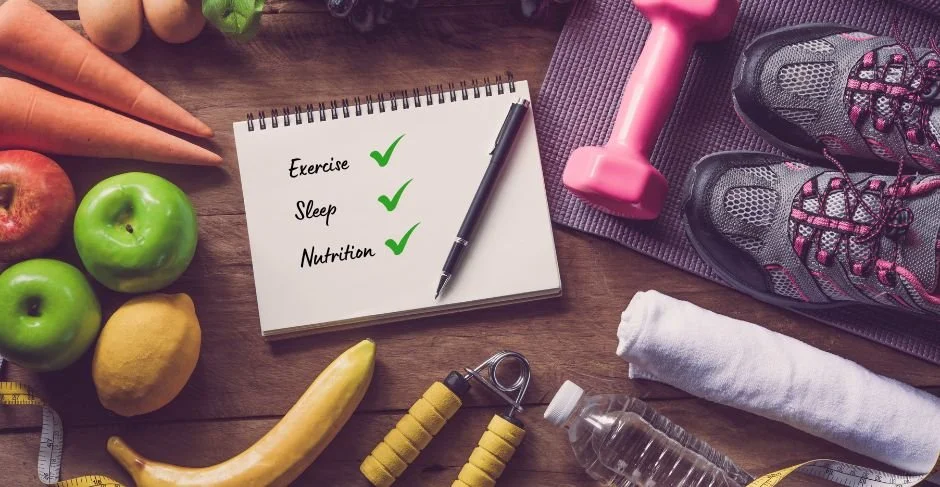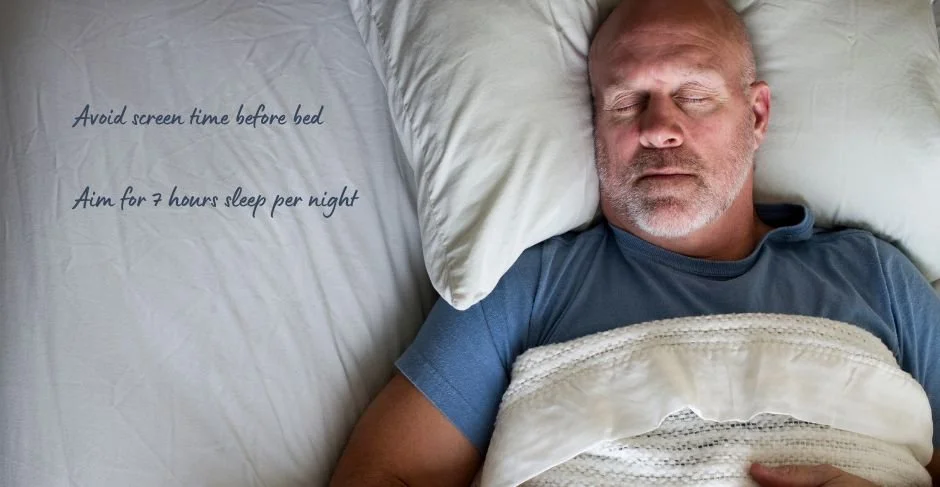Getting the Basics Right
There are certain things we say to patients on an almost daily basis in the clinic, which we want to share with you here too.
We will start by exploring the three stages of pain and what to do if you experience them:
Acute - this is likely to be immediately after injury. Ice is the best method - to tackle the inflammation and sharp pain. Remember to wrap ice/frozen peas in a towel before applying to the skin. 10 minutes every two hours is what we recommend.
The good thing about ice is you cannot do any harm. So, even if it doesn't help, it certainly won't make it any worse. Obviously you should supplement this with painkillers as you need them to be able to move comfortably.
Subacute - this is the stage where the pain has been there for a few days or weeks. At this point heat can be helpful to relax muscle spasm, improve blood flow and soothe the discomfort. This can be a hot water bottle wrapped in a towel or an electric heat pad.
Chronic - typically this is when the pain has been present for six weeks or more. You can still use ice if you have overused the joint or had a flare up. Equally, heat can be helpful if you feel stiff or sore - this is ideal at the beginning and end of the day.
However, this stage is when it becomes more tricky. At this point, we usually talk about the three basics and how they can impact your recovery:
Exercise:
Moving and exercising is often a key requirement of the healing process. It helps to improve blood flow and the "knitting together' of injured muscles and ligaments. Whilst it might be uncomfortable, don't dismiss it as the wrong thing to do. When people do not exercise or move around it usually leads to chronic stiffness and weakness - which results in poor tissue repair after injury.
Sleep:
Rest and sleep are essential for our bodies to heal. A lack of sleep can lead to poor chemical functioning in our body and over time result in chronic inflammation - further feeding the injury cycle.
When we talk about this to patients we often hear "I go to bed on time", but then an admission they check their phone before turning out the light, which can lead to 30 minutes or more of screen time. Getting good quality sleep means at least seven hours. This is essential for healing and our mental function.
Nutrition:
Your diet has a similar impact on your body as sleep. When we are injured or experiencing chronic underlying inflammation we need more nutrients and chemicals to maintain the cycles of repair. Your usual "good diet" now needs to be excellent, or topped up with supplements - your body is working harder and using more nutrients to help you continue to function.
Vitamin D - for muscle and bone strenght
Vitamin B12 - for nerves, stress and anxiety
Vitamins and supplements can be very complex. When we suggest any supplements we always remind patients it isn't forever. We usually recommend trying them for a month to see how they get on. Remember, it is to support your musculoskeletal care, and help the healing of a chronically struggling injury.
Get some Sunshine
Now is the perfect time to get out in the sunshine. Just 15-20 minutes per day when your shadow is shorter than your body - the middle of the day. This helps your body to make its own Vitamin D.


